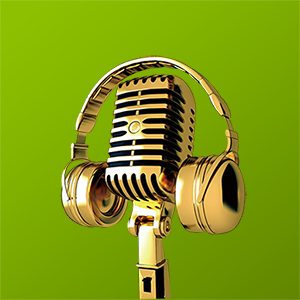
Tuesday Oct 02, 2012
Deficiency of the Human Growth Hormone
The deficiency of the human growth hormone is a medical condition, and is caused when the pituitary gland does not produce enough growth hormone (GH). Also known as somatotropin, this growth hormone is a polypeptide which stimulates growth and promotes reproduction of cells. Growth hormone deficiency may have varying effects at different ages of an individual. In newborn babies, this deficiency may be manifested in the form of hypoglycaemia or micropenis, while in later childhood; the infant may show signs of retarded growth. Growth hormone deficiency is rarely seen in adults, but may display sings such as poor bone density and several psychological symptoms such as a poor memory, social isolation, and depression, as well as physical symptoms such as loss of strength, decrease in stamina, and other hormonal or glandular disorders. Growth hormone deficiency may be hereditary or acquired in childhood or later life. It may be a deficiency by itself or occur in conjunction with deficiencies in other pituitary hormones. The deficiency of the human growth hormone may lead to conditions known as hypopituitarism and panhypopituitarism. The former implies a growth hormone deficiency along with a deficiency at least another anterior pituitary hormone, while the latter is associated with posterior pituitary hormone deficiency. A prenatal deficiency of the growth hormone, though having little effect on fetal growth, may cause a reduced penis in male infants, as well as hypoglycemia and severe jaundice in the first days of life. The child may then grow up to display signs of retarded growth as well as delayed puberty and bone maturity. Besides this, a deficiency of the growth hormone in early childhood also results in delayed muscle development, abnormal body composition such as chubby facial features and a prominent forehead. Other side effects in childhood include a receding hairline and thin hair growth. In adults, a deficiency of the growth hormone may lead to a reduced libido, impaired muscle mass, reduced bone density and bone mass, osteoporosis, reduced energy levels, difficulty in concentrating and memory loss, apart from an accumulation of body fat especially around the waist, baldness in men, high LDL cholesterol as well as cardiac issues. Growth hormone deficiency can be treated by growth hormone replacement therapy or growth hormone injections. However, growth hormone treatment is not recommended for children who are not growing in spite of having normal levels of the growth hormone. Children needing treatment usually receive daily injections of the growth hormone and their doses are monitored every three to six months. In adults, growth hormone supplements is not medically recommended for physiological age-related ailments; however, lower doses are sometimes prescribed to the elderly to reduce the incidence of side-effects, and to maintain normal levels of IGF-I which are directly proportional to age. Because a growth hormone deficiency may cause diminished levels of energy and muscle strength, patients can also try self-care at home in the form of a balanced diet, regular exercise, enough of sleep, besides monitored doses of growth hormone supplement. This article has been taken from //www.ideamarketers.com/?articleid=3611422&CFID=248971322&CFTOKEN=50794285
No comments yet. Be the first to say something!